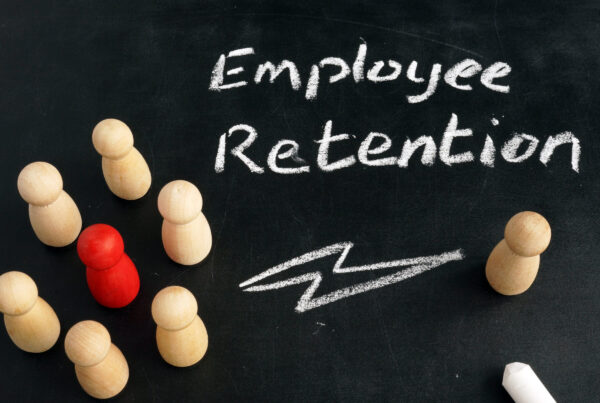By Barbara O’Neill, Ph.D., CFP®, AFC®
Martie Gillen, Ph.D., MBA, AFC®, CFLE
Household debt is on the rise in America! According to a recent Federal Reserve Bank of New York report, credit card balances now surpass pre-pandemic highs, and balances on mortgages, auto loans, and student loans have all increased. Younger borrowers are especially struggling with credit cards and auto loan payments.
Another cause for concern is higher interest rates following multiple interest rate hikes by the Federal Reserve. The average interest (APR) rate on credit cards now exceeds 20%. In addition, some people have started using credit cards for everyday expenses due to high inflation.
Personal Financial Managers may receive questions from service members about reducing outstanding debt. Below is some information about debt repayment strategies:
Credit Cards– With a debt management plan through a non-profit credit counseling agency, debtors make payments to the agency, which- in turn- sends payments to creditors. Agencies may also negotiate interest rate reductions, fee waivers, and other concessions. Another payment strategy is a debt repayment acceleration plan such as PowerPay, which assumes users pay at least the minimum payment to all creditors and no new debt is added. When a debt is repaid, its previous monthly payment is added to payments made to a remaining creditor.
Federal Income Taxes– People who owe taxes they cannot repay immediately should pay as much as they can and contact the IRS to arrange a repayment plan using future income. This is done with Form 9465, Installment Agreement Request. There is also an “offer in compromise” process for taxpayers unable to make installment payments. A key message is “Never ignore tax debt.” The IRS can put liens on the property and charge interest and penalties for not filing a return and not paying taxes owed.
Mortgages– Experts recommend reaching out immediately to the loan servicer to discuss repayment solutions to avoid foreclosure. Options include forbearance (paused or reduced payments), loan modification, and loan deferment (adding overdue payments to the end of the loan). Another is deed-in-lieu [of foreclosure], which involves the voluntary surrender of a home to avoid foreclosure proceedings.
Student Loans– The best first step is contacting the loan servicer to discuss repayment options such as deferment (temporarily stop/reduce payments; no interest accrues), forbearance (temporarily stop/reduce payments; interest accrues), income-driven repayment plans based on discretionary income and family size, and public-service loan forgiveness. Another debt repayment option is loan consolidation if the math makes sense.
In summary, there are five smart things people can do to get out of debt: increase income, decrease expenses, avoid new debt, accelerate debt repayment, and reach out for help, if needed. Ignoring a growing debt problem is unwise because it will only get worse.
For additional information, review this OneOp blog post.
Photo by Karolina Grabowska on Pexels.













